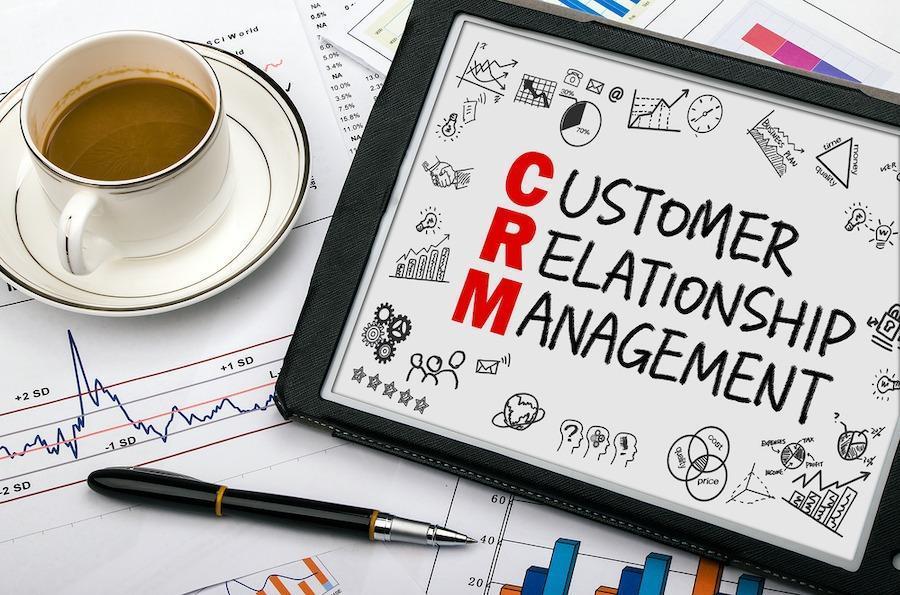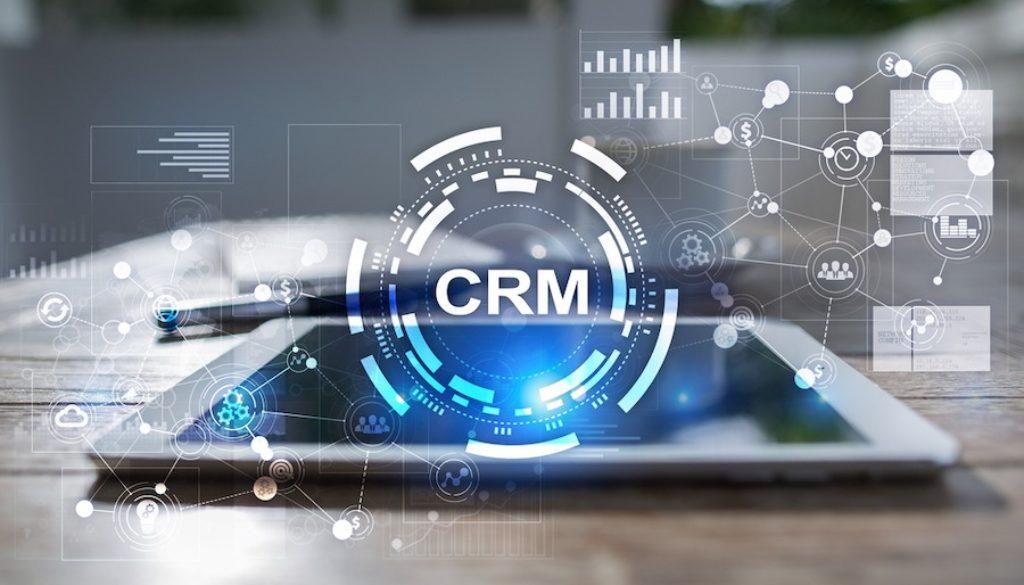CRM for Businesses: The Importance Of A Good System In Place
Customer Relationship Management (CRM) refers to the strategies and activities that companies have in place for better interaction with their clients. This encompasses even those clients that the company is still trying to reach out to. CRM is significant for businesses to build strong relationships with their customers.
When this relationship is fostered, customers can stay loyal, and like a domino effect, this results in more positive outcomes for the company, such as revenues. This is only the beginning.
There are many other more important reasons as to why CRM systems are critical. This includes the following:
1. Enables Companies To Learn More About Customers
Businesses always need to learn more about their customers so they can serve them better. With this, they know how to tweak their services and operations, such that customer satisfaction is met. Businesses are more efficient with their efforts when their best abilities are catered to the needs of their customers.
Matters that businesses can learn about their customers through a CRM include:
- Trends in customer purchase histories in their system
- Information and demographics about their customers
- Reasons why customers purchase certain products
If you want to know how companies can know more about their ongoing and potential customers through CRM, learn more here.
2. Develops Better Relations With Customers
The customers of a business are the heart of any company. Without customers, they cease to function well and profits will also suffer. Hence, the need to prioritize better relations with customers at all times.

When better relationships are achieved with customers, businesses can accomplish the following:
- Identifying customers that are profitable for the business
- Always meet the supply needed by customers
- Cross-selling other related products just in case the first option of customers is unavailable
- Understanding the specific requirements or requests of customers
Through these, the business is also able to have more specific, targeted marketing based on the needs of the customers. Not only does the business satisfy its existing client base, but it also enables itself to win more clients in the future.
3. Enables Better Organization
Businesses are also more organized and detailed in their operations with a CRM system in place. When certain aspects of businesses are automated, the company also stays better organized.
This includes matters relating to:
- Marketing campaigns
- Sales processes
- Customer data
These data are key-players in organizing the processes into data that are easier to understand. This simplifies the work that the marketing team has to do. Hence, lesser human error is also committed. Definitely, there are options for customer relationship management for small business, which allow you to keep it simple and look for a lightweight CRM with only the features you need.
4. Ensures More Efficiency In Business Operations
CRM isn’t just about businesses, per se. Its core is in creating a strong bonding about people – learning how to foster good relationships, which, incidentally, are also highly applicable in businesses. This drives businesses into a higher level of success.
Key areas in which efficiency in business operations is achieved include:
- Through this automated system, there’s a lesser need for manual work.
- Effectively foreseeing the needs of customers
- Reduce in-process time for customer orders, particularly the more specific, personalized requests
- Easier tracking of customers
- Efficient dealing with customers

5. Optimization Of Customer Interactions
Customer interactions are optimized through a CRM system in place. By optimization, this means that complex processes relating to marketing and customer interaction are simplified. When this is achieved, the end goal is higher and better customer satisfaction.
Areas in business that can be optimized through a CRM system in place include:
- Collaboration. This involves the sharing of customer information with outside companies. Usually, this is done when promotions are given out. Your business might want to partner with other companies to release more significant promotional activities.
- Operations. The operations of a business have to do with three areas: marketing, service, and sales. In this regard, a CRM system is one of the key players for better lead generation.
This refers to the process of locating leads and successfully converting them into paying customers.
- Analysis. Data is fundamental in every business. Through an analysis of customer data, the management can understand better the various trends in the market.
This works very well, especially for those businesses that have a lot of competition.
6. Enables Registration Of Leads And Contacts
Leads refer to the possible clients that are going to come your way. In general, these leads stay speculative. Not all potential leads are going to result in paying customers. Along that line, too, you never know when leads are going to come in.
However, you can have a more organized system in place when your leads and possible contacts are registered. That way, you don’t mix and match the contacts on your spreadsheet. Plus, because it’s all automated, it’s also easier for you to find customer data that you’re looking for.
Leads and contacts can be organized in the following grouping:
- Suppliers
- Partners
- Inactive Customers
- Lost Customers
- Prospects
7. Supports Strategies That Are Customer-Centric
Customer-centric strategies are those that are focused on the concept that the customer is always the center of all business activities. The business’s goal should always be tailored toward better serving the customers. When this is achieved, everything flows seamlessly.
Here are some of the ways in which a CRM strategy can help create a customer-centric approach for businesses:
- Create feedback for continuous improvement
- Push leadership that results in customer satisfaction
- Foster better understanding of your customers
- Design authentic customer experiences
- Brand-naming, and all the factors that come into play with this matter
8. Reveals Endless Possibilities Of Clients
When you’ve already garnered leads for your business, do you keep track of how many in this list you still haven’t sold to? It can significantly help you if you do. That way, for your next marketing period, you can make an effort to focus on these leads that you haven’t yet sold to.
CRM software helps you achieve that since you’re able to effortlessly take note of the leads that have yet resulted in a “No.” A better mindset is to think of these “No’s” as a “Not yet.”
It’s imperative, therefore, that even when these negative leads don’t give you a positive result, you still keep them in your database. That way, you keep them alive in your business, such that you can continue to reach out to them in your future marketing endeavors.
Conclusion
Customer relationship management is very simple at its core. When the business starts to have this kind of system in place, it’s something that they’re already used to having. It forms part and parcel of the company culture that’s seen through every facet of operations.
Using and maintaining a CRM isn’t only beneficial for large-scale businesses, but even also small companies that have just started. If you’re a business that’s looking for changes to make in your business, one of the best that you can apply is a CRM strategy.



